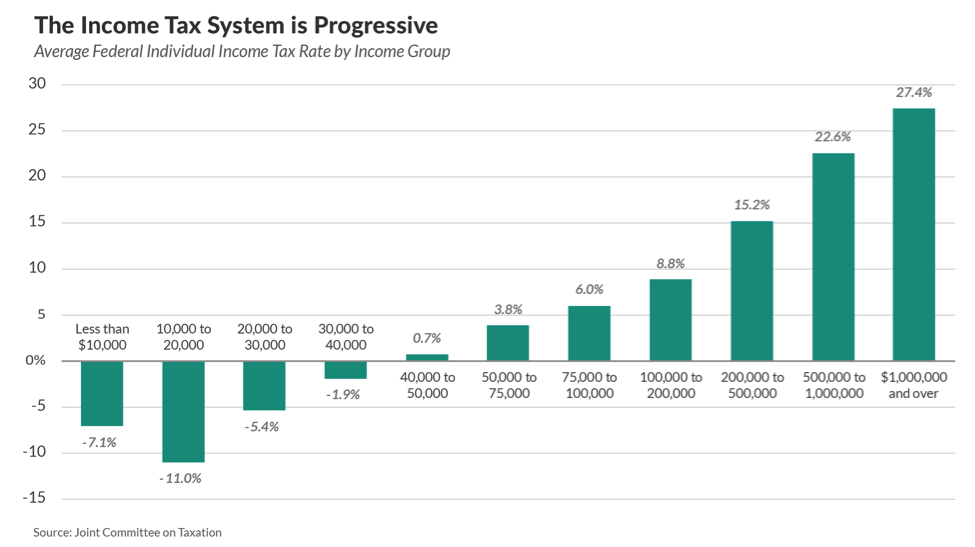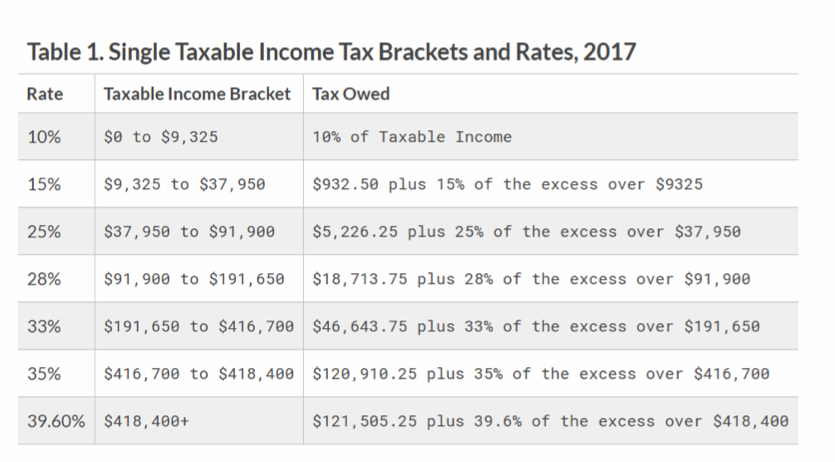By: Shira Wakschlag, Director of Legal Advocacy & Associate General Counsel; Ariel Simms, Criminal Justice Attorney Fellow
In decisively rejecting these “Briseno factors,” the Court embraces the standards-based approach in determining intellectual disability for which The Arc has long advocated. When it comes to matters of life and death, there is simply no room for courts to ground their determinations of intellectual disability in outmoded and baseless stereotypes.
On Tuesday, in the third decision in favor of people with disabilities in the Supreme Court this term, the Court issued a 5-3 decision authored by Justice Ruth Bader Ginsburg in the death penalty case Moore v. Texas. The opinion rejects Texas’ use of stereotypical and outdated factors—rather than well-established clinical standards—to determine intellectual disability in death penalty cases on the grounds that they “create an unacceptable risk that persons with intellectual disability will be executed.” This is a major victory in protecting the rights of individuals with intellectual disability in the criminal justice system and in fulfilling the promise of two Supreme Court cases setting the standard that execution of people with intellectual disability is unconstitutional (Hall v. Florida (2014) and Atkins v. Virginia (2002)).
In Atkins, the Court held that executing defendants with intellectual disability violated the Eighth Amendment’s ban on cruel and unusual punishment. Subsequently, in Hall, the Court rejected an arbitrary cutoff for IQ scores in making the intellectual disability determination and emphasized the importance of courts consulting clinical standards in their analysis. While the Court’s prohibition of the execution of defendants with intellectual disability could not be clearer, some states continue to define intellectual disability in a manner that significantly deviates from clinical standards, resulting in a miscarriage of justice for many defendants.
In this case, Bobby Moore, was convicted of killing a store clerk at the age of 20 in a botched robbery along with two accomplices. He was sentenced to death and challenged that sentence on the grounds of intellectual disability. In 2014, a state habeas court ruled that Moore did meet the criteria for intellectual disability and recommended that the Texas Court of Criminal Appeals (CCA) reduce Moore’s sentence to life in prison or grant him a new trial on the intellectual disability claim. On appeal, however, the CCA ruled that Moore did not meet the criteria for intellectual disability, finding that the lower court had failed to apply the seven-factor test laid out in an earlier Texas opinion, Ex Parte Briseno. The “Briseno factors” rely on stereotypes—rather than clinical definitions—through “the consensus of Texas citizens” in defining intellectual disability and are partly based on the character of Lennie in John Steinbeck’s Of Mice and Men. Using these factors, the CCA found that, among other things, Moore’s ability to live on the streets, mow lawns, and play pool for money precluded a finding of intellectual disability and disregarded several IQ tests Moore had taken with scores in the intellectual disability range.
Decisively rejecting this ruling and referring to the Briseno factors as “wholly nonclinical” and an “invention of the CCA untied to any acknowledged source,” the Supreme Court held unanimously that such factors are impermissible to use in defining intellectual disability in death penalty cases. The Court noted that the Briseno factors were an “outlier” and that Texas did not employ this unscientific approach in determining intellectual disability in any legal issues other than the death penalty: “Texas cannot satisfactorily explain why it applies current medical standards for diagnosing intellectual disability in other contexts, yet clings to superseded standards when an individual’s life is at stake.”
Even Justices who disagreed with other aspects of the ruling (Chief Justice John Roberts, Justice Samuel Alito, and Justice Clarence Thomas) agreed that the Briseno factors “are an unacceptable method of enforcing the guarantee of Atkins.” They disagreed that the CCA had erred in its determination of Moore’s intellectual functioning. The dissent criticized the majority opinion for its reliance on clinical standards as opposed to legal interpretation and precedent, noting: “clinicians, not judges, should determine clinical standards; and judges, not clinicians, should determine the content of the Eighth Amendment. Today’s opinion confuses those roles.”
With the American Association on Intellectual and Developmental Disabilities, The Arc filed an amicus brief in August 2016 in support of Moore and The Arc’s attorneys attended oral arguments at the Court in November 2016. The brief, cited in the Court’s opinion, argued that the state of Texas had distorted the clinical definition of intellectual disability by devising a formula of exclusionary factors that rested heavily on stereotypes and the mistaken notion that an ability to do things like engage in relationships, work, and live in the community precluded a finding of intellectual disability based on simultaneous limitations or challenges. Specifically, the brief noted that the “basic framework of the clinical definition is the constitutionally required standard for determining whether a defendant has intellectual disability.” Jim Ellis, a Distinguished Professor at the University of New Mexico School of Law who represented The Arc in this case said: “The Arc of the United States and its state chapters have played a vital role in protecting the rights of people with intellectual disability” in death penalty cases.
In decisively rejecting these “Briseno factors,” the Court embraces the standards-based approach in determining intellectual disability for which The Arc has long advocated. When it comes to matters of life and death, there is simply no room for courts to ground their determinations of intellectual disability in outmoded and baseless stereotypes.
The Arc has deep sympathy for the family and friends of the victim in this case, and we support appropriate punishment of all responsible parties. The Arc does not seek to eliminate punishment of Mr. Moore or others with disabilities, but rather, to ensure that justice is served and the rights of all parties are protected. The Arc is committed to seeking lawful outcomes for people with intellectual disability and will continue working to ensure that the U.S. Supreme Court rulings on this issue are abided by in jurisdictions across the country.




 One of the reasons for this drop is changes in how corporations are operating and being taxed. An increasing number of corporations’ profits are subject to no taxation (foreign profits that stay abroad) or different taxes (income tax in the case of
One of the reasons for this drop is changes in how corporations are operating and being taxed. An increasing number of corporations’ profits are subject to no taxation (foreign profits that stay abroad) or different taxes (income tax in the case of 






